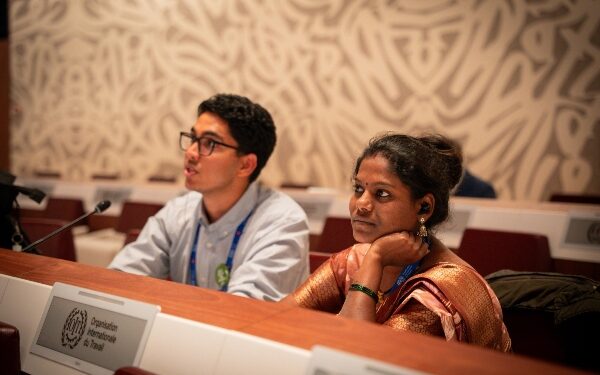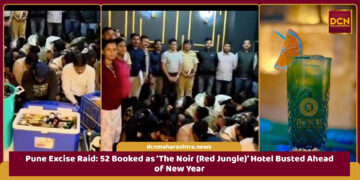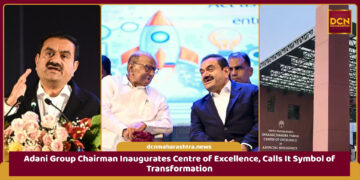Pune: Sarika Karadkar, a door-to-door waste picker from Pune, made history by representing India’s informal waste workers at the 113th International Labour Conference held in Geneva, Switzerland. Her participation marks a powerful moment of recognition for thousands of waste pickers across the country, often marginalized despite their critical contribution to urban sanitation and sustainability.
A member of the SWaCH Pune Cooperative Society and the Kagad Kach Patra Kashtakari Panchayat (KKPKP) union, Sarika was invited as a delegate and speaker at the global gathering. She is also affiliated with the International Alliance of Waste Pickers, a worldwide network that advocates for the rights of informal recyclers.
At the conference, a dedicated committee was formed on the theme “Transitioning from the Informal to the Formal Economy.” As an active committee member, Sarika shared key insights drawn from her lived experience and grassroots work in Pune. She highlighted how models like SWaCH and KKPKP have successfully integrated waste pickers into the city’s formal solid waste management system in partnership with the Pune Municipal Corporation.
Her address showcased the impact of this integration—not just in improving waste collection efficiency and reducing municipal costs, but in strengthening citizen relationships, enhancing environmental outcomes, and delivering vital social security to waste pickers.
Sarika strongly advocated for the recognition of waste pickers as workers. “Receiving identity cards, access to government systems, and social protection are essential steps toward formalization,” she stated. “But our autonomy, dignity, and livelihoods must not be compromised in the process.”
She further emphasized the intergenerational importance of education. “Social protection is not just about labour rights. We need scholarships and access to higher education for our children. Without education, how will the next generation move out of this informality?”
During the conference, Sarika also held a key meeting with Vandana Gurnani, Secretary at the Ministry of Labour and Employment, Government of India. The discussion focused on safeguarding workers’ rights, securing their dignity, and ensuring that their children have access to essential health and education programs.
Sarika Karadkar’s presence on the international stage signals a shift in the global discourse around informal labour. Pune’s model of waste management is now being looked at as a blueprint for inclusive and sustainable urban development—where waste pickers are no longer just service providers, but equal stakeholders in shaping better cities.

















